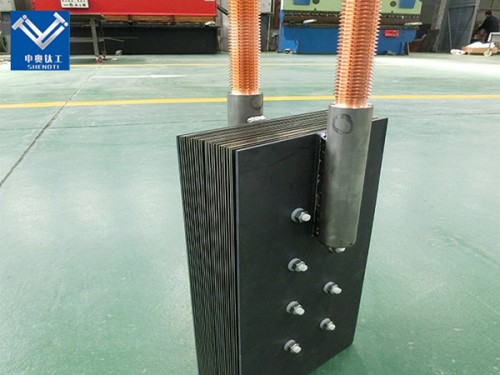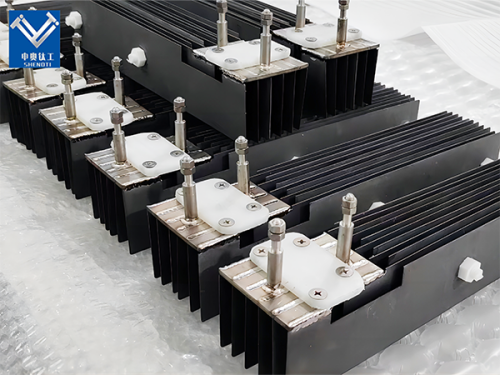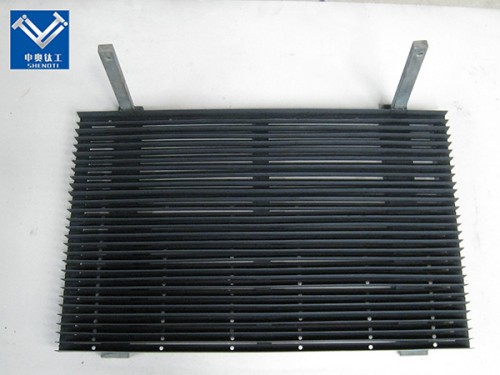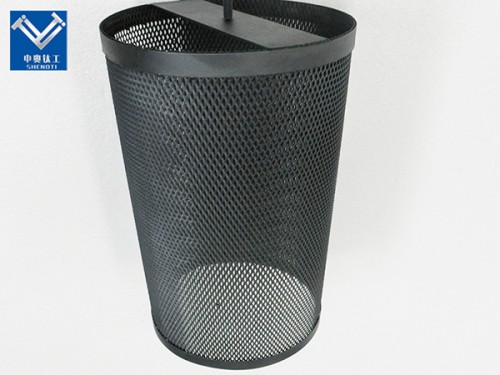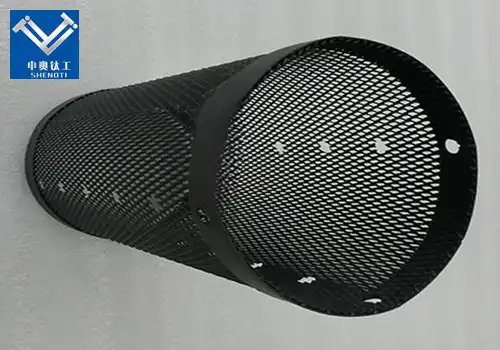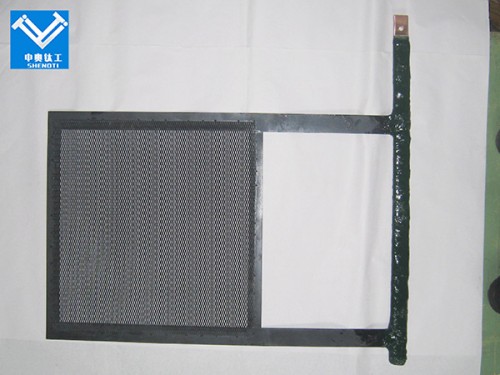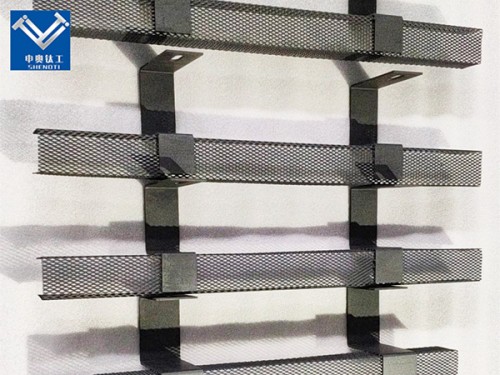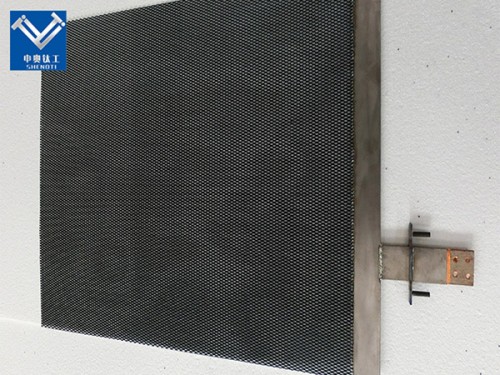
Why use DSA titanium anode for water electrolysis?
2025-09-02 14:36:33
Electrolysis of water has become a vital process in industries ranging from energy production to environmental treatment. At the heart of this process lies a crucial component — the DSA titanium anode for electrolysis of water. Known for its durability, high catalytic activity, and energy efficiency, this advanced electrode technology has revolutionized the way industries approach hydrogen production, wastewater treatment, and chemical processing.
What is a DSA Titanium Anode for Electrolysis of Water?
A DSA titanium anode for electrolysis of water (Dimensionally Stable Anode) is an electrode designed to maintain its shape and dimensions even after long-term use in demanding electrochemical environments. Unlike conventional electrodes, which degrade quickly, DSA anodes exhibit exceptional stability and longevity.
Base Material: Pure titanium or titanium alloys, chosen for their excellent corrosion resistance.
Coating: Typically composed of mixed metal oxides (MMO), such as ruthenium oxide (RuO₂), iridium oxide (IrO₂), or tantalum oxide (Ta₂O₅). These coatings provide catalytic activity while ensuring a long lifespan.
Function: The anode facilitates the oxygen evolution reaction (OER) during the electrolysis of water, enabling efficient hydrogen and oxygen gas production.
This advanced electrode is a core component in modern electrochemical systems where performance, reliability, and efficiency are critical.
Manufacturing Process of DSA Titanium Anode for Electrolysis of Water
The manufacturing process of a DSA titanium anode for electrolysis of water requires precision engineering and strict quality control. Each step ensures the electrode performs efficiently in harsh operating conditions.
1. Titanium Substrate Preparation
High-purity titanium sheets or tubes are selected.
The titanium surface undergoes sandblasting, acid etching, and cleaning to remove oxides and impurities.
This preparation step ensures maximum adhesion of the catalytic coating.
2. Coating Application
A layer of mixed metal oxides (MMO) is applied to the titanium substrate.
Commonly used coating materials include RuO₂, IrO₂, Ta₂O₅, and Pt (platinum).
The coating thickness and composition are tailored to the intended application, balancing catalytic activity and durability.
3. Thermal Treatment
The coated titanium substrate is subjected to heat treatment at controlled temperatures.
This process ensures strong bonding between the titanium base and the oxide layer, forming a stable electro-catalytic surface.
4. Quality Inspection
Each DSA titanium anode undergoes rigorous testing, including adhesion tests, catalytic activity evaluation, and dimensional stability analysis.
These tests guarantee consistent performance and reliability in electrolysis systems.
The precise manufacturing process ensures that each DSA titanium anode for electrolysis of water delivers superior conductivity, durability, and efficiency.
Key Advantages of DSA Titanium Anode for Electrolysis of Water
The popularity of DSA titanium anodes across industries is due to their numerous benefits:
High Electrochemical Stability: Resistant to corrosion in aggressive electrolytes.
Energy Efficiency: Low overpotential for oxygen evolution reduces power consumption.
Long Service Life: Durable coating allows for years of stable operation.
Low Maintenance: Minimal degradation ensures reduced downtime.
Eco-Friendly: Supports sustainable water electrolysis and hydrogen generation.
These advantages make DSA titanium anodes indispensable in modern electrochemical applications.
Industrial Applications of DSA Titanium Anode for Electrolysis of Water
The versatility of DSA titanium anode for electrolysis of water makes it valuable across multiple industries.
1. Hydrogen Production
Plays a critical role in green hydrogen generation through water electrolysis.
Provides stable oxygen evolution, ensuring efficient hydrogen collection at the cathode.
Supports renewable energy integration by enabling large-scale hydrogen storage.
2. Wastewater Treatment
Used in electrochemical oxidation for the removal of organic contaminants.
Effective in degrading persistent pollutants such as phenols, dyes, and pharmaceuticals.
Enables eco-friendly treatment methods without harmful chemical additives.
3. Chlor-Alkali Industry
Essential in producing chlorine and caustic soda through brine electrolysis.
Provides durability and low energy consumption compared to traditional graphite anodes.
4. Electroplating and Surface Treatment
Ensures uniform current distribution during metal plating processes.
Enhances coating quality and reduces defects in plated products.
5. Desalination and Water Purification
Applied in advanced electrochemical desalination systems.
Contributes to sustainable water solutions for industrial and municipal use.
6. Energy Storage Systems
Integral in emerging power-to-gas technologies.
Helps convert excess renewable energy into hydrogen for grid storage.
These wide-ranging applications highlight the importance of DSA titanium anodes for electrolysis of water in both traditional and renewable industries.
Technical Specifications of DSA Titanium Anodes
When selecting a DSA titanium anode for electrolysis of water, engineers consider several technical factors:
Base Material: Titanium Grade 1 or Grade 2.
Coating Composition: RuO₂, IrO₂, Ta₂O₅, or combinations.
Coating Thickness: Typically 10–20 microns, depending on application.
Current Density Range: 500–2000 A/m².
Service Life: Up to 10 years under standard operating conditions.
Operating Temperature: 20–80 °C (customized coatings available for higher temperatures).
Designs: Plates, tubes, mesh, or custom geometries.
The flexibility in design and technical specifications ensures compatibility with diverse industrial systems.
Case DSA titanium anode for electrolysis of water
1. Hydrogen Energy Plant
A renewable energy company installed DSA titanium anodes in a large-scale hydrogen plant. The result was a 15% reduction in energy consumption and a lifespan exceeding 8 years, outperforming conventional electrodes.
2. Textile Wastewater Treatment
In a textile factory, DSA titanium anodes were used for electrochemical degradation of dye contaminants. The system achieved 95% reduction in COD (chemical oxygen demand), improving water quality and compliance with environmental standards.
3. Chlor-Alkali Facility
A chemical manufacturer upgraded its production line with DSA titanium anodes for electrolysis of water. The new system reduced maintenance costs by 30% and increased overall efficiency.
These case studies demonstrate the significant impact of DSA titanium anodes in practical applications.
The DSA titanium anode for electrolysis of water is a cornerstone of modern electrochemical technology. Its superior durability, efficiency, and versatility make it essential for industries such as hydrogen production, wastewater treatment, and chemical processing. With ongoing innovations, these electrodes will continue to drive progress toward cleaner energy and sustainable industrial practices.
Contact Us
At Baoji City ShenAo Metal Materials Co., Ltd., we specialize in the design and production of high-performance DSA titanium anodes for a wide range of applications. Our engineering expertise and commitment to quality ensure that our products meet the highest international standards.
Email: zh@baojiti.com.cn
Website: www.shenaocladplate.com
Telephone18729731603
YOU MAY LIKE











